Possible Causes of Hair Shedding
Understanding the Causes of Hair Shedding: What’s Behind Your Hair Loss?
If you've noticed more hair than usual shedding during your daily routine, you’re not alone. Hair shedding is a natural process, but when it becomes excessive, it can be alarming. There are many reasons why hair shedding occurs, from lifestyle factors to health-related causes. Understanding the root cause is the first step in addressing the issue and restoring your hair’s vitality. Let’s break down some of the most common causes of hair shedding and how you can manage it.
Stress: The Hidden Culprit
Stress doesn’t just affect your mind—it can take a toll on your body, including your hair. Physical or emotional stress can push hair follicles into a resting phase, leading to telogen effluvium, a temporary hair shedding condition. While it may take months for the shedding to become noticeable after a stressful event, the good news is that this type of hair loss is usually temporary. Reducing stress through relaxation techniques, exercise, or therapy can help bring things back into balance.
Nutritional Deficiencies: Is Your Diet Impacting Your Hair?
Your hair, like the rest of your body, needs proper nutrition to thrive. Diets low in essential nutrients like iron, biotin, and vitamin D can cause your hair to thin and shed. If you’ve recently changed your diet or aren’t eating a balanced, nutrient-rich diet, this could be the reason behind your hair shedding. Eating a variety of protein-rich foods, leafy greens, and healthy fats can help strengthen your hair from within.
Hormonal Changes: The Rollercoaster Effect
Hormones are one of the biggest influencers of hair growth. Any disruption to your hormonal balance—whether from pregnancy, childbirth, menopause, or conditions like thyroid imbalances—can trigger hair shedding. These changes may cause your hair to shed more than usual as your body adjusts to its new hormone levels. While these fluctuations are often temporary, talking to a healthcare provider can help you determine the best approach for managing hair loss related to hormonal shifts.
Weight Loss: Shedding More Than Just Pounds
Significant weight loss, especially when it happens quickly, can be a shock to your body. Drastic changes in diet and calorie intake can lead to nutritional deficiencies or place your body under physical stress, which may trigger hair shedding. While the benefits of weight loss can be numerous, it’s important to focus on maintaining a healthy balance of nutrients to support hair growth. Gradual weight loss is less likely to cause this side effect, so slow and steady wins the race.
Medications: A Common Side Effect
Certain medications, like those used to treat blood pressure, depression, and cancer, can contribute to hair shedding. Even medications that don’t seem related to hair health, such as blood thinners or antidepressants, can have an impact. If you suspect your medication may be contributing to hair loss, consult your doctor about alternative treatments or strategies to reduce the side effects.
Aging: The Natural Thinning Process
As we age, our hair naturally starts to thin. This is often part of the aging process and can be influenced by genetic factors. While there’s no way to completely stop age-related hair thinning, maintaining a healthy scalp and using treatments specifically designed for thinning hair can help slow the process and keep your hair looking fuller.
Hair Styling and Treatments: Overprocessing Your Hair
Excessive heat styling, chemical treatments, and even harsh brushing can weaken your hair, causing it to break and shed. If you regularly use flat irons, curling irons, or hair dyes, your hair may be under constant stress. To minimize shedding from styling damage, give your hair regular breaks from heat tools, avoid overprocessing, and use gentle, nourishing hair care products to restore moisture and strength.
How to Manage Hair Shedding
While some hair shedding is normal, here are a few tips to reduce and manage excessive hair loss:
- Eat a Balanced Diet: Prioritize foods that are rich in vitamins, minerals, and protein to support hair health.
- Limit Stress: Incorporate stress-reducing activities like yoga, meditation, or deep breathing into your routine.
- Care for Your Hair Gently: Avoid aggressive styling and use moisturizing treatments to protect hair from breakage.
- Consult with a Professional: If you’re unsure why you’re shedding more than usual, a professional can help you determine the underlying cause and recommend appropriate treatments.
Get Professional Help for Hair Shedding at Nurse Holly Aesthetics
If you're concerned about your hair shedding, Nurse Holly Aesthetics in Lakewood Ranch, FL, offers personalized solutions to help restore your hair’s natural health and vibrancy. Our non-surgical treatments are designed to target hair thinning and shedding, promoting stronger, fuller hair. With a personalized consultation, we can assess your needs and create a tailored treatment plan just for you.
Contact Nurse Holly Aesthetics today to schedule your consultation and take the first step toward healthier, more resilient hair!



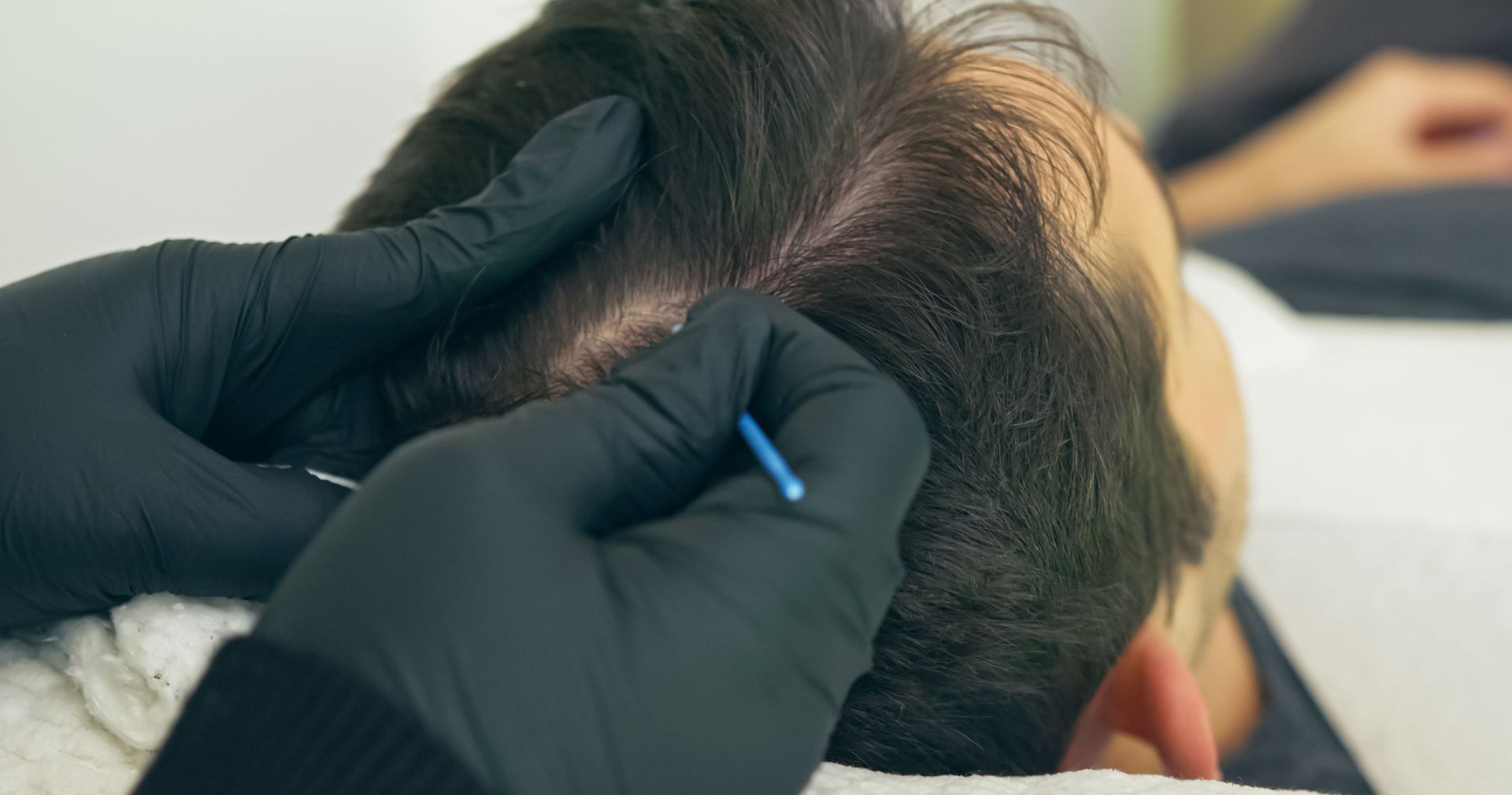
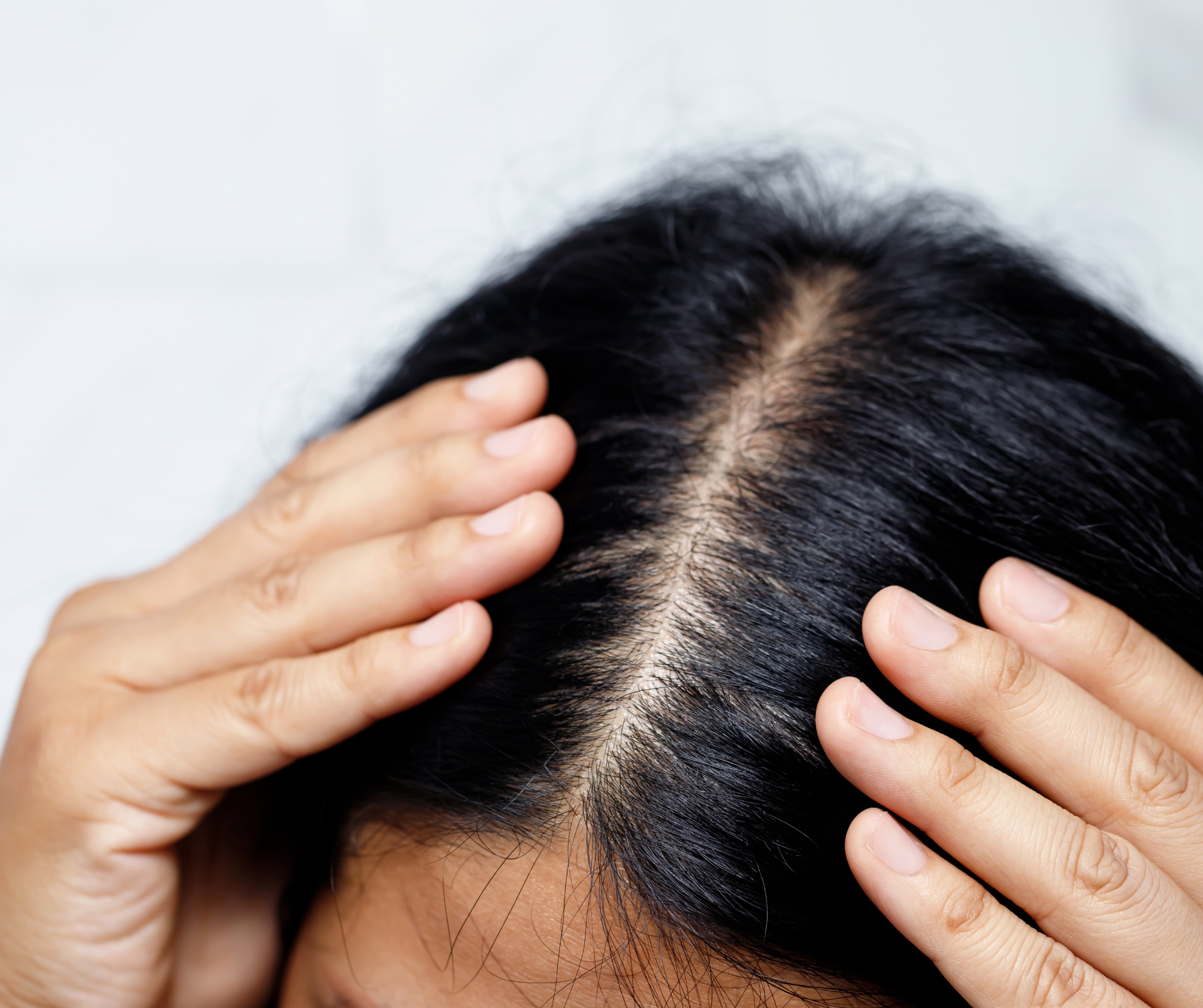
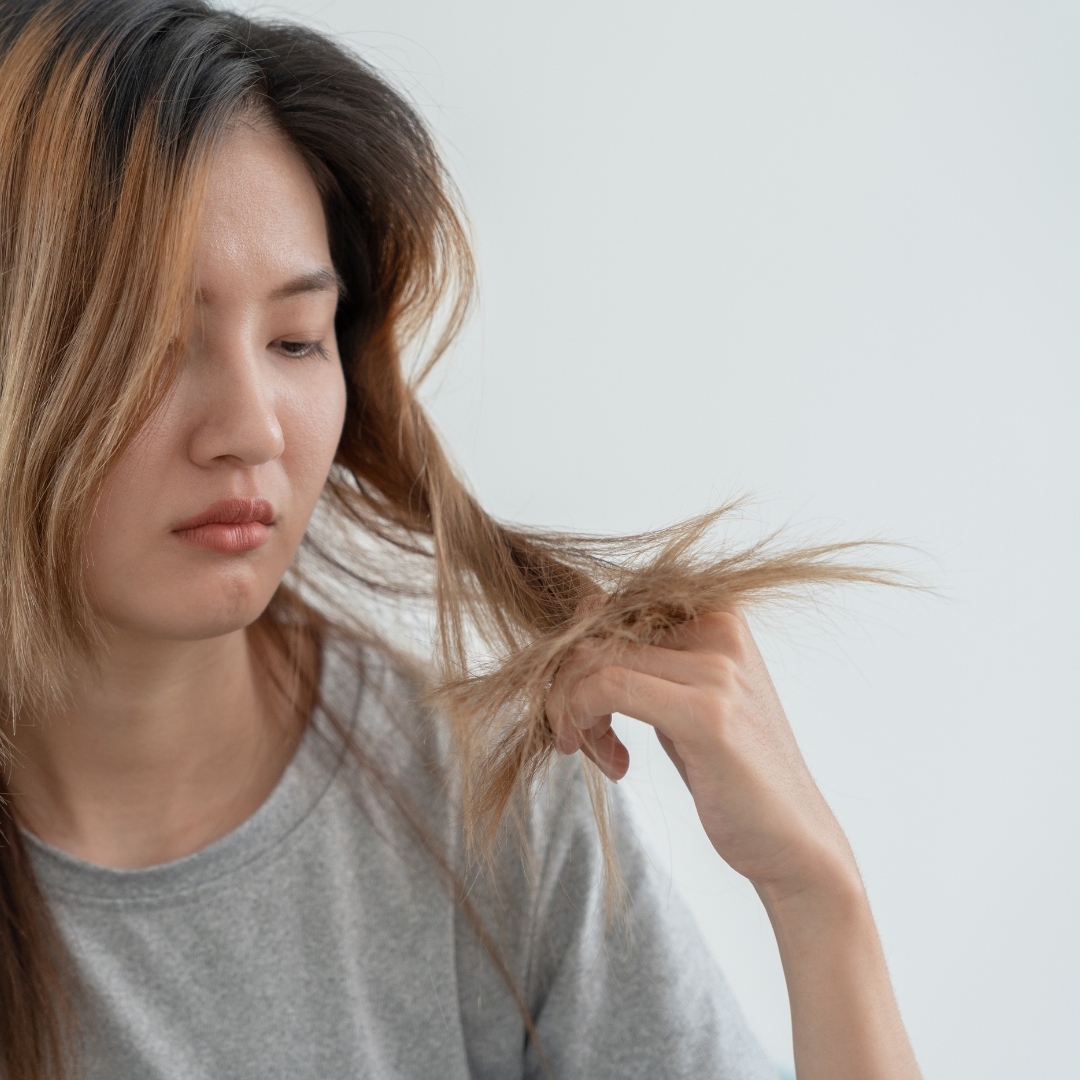
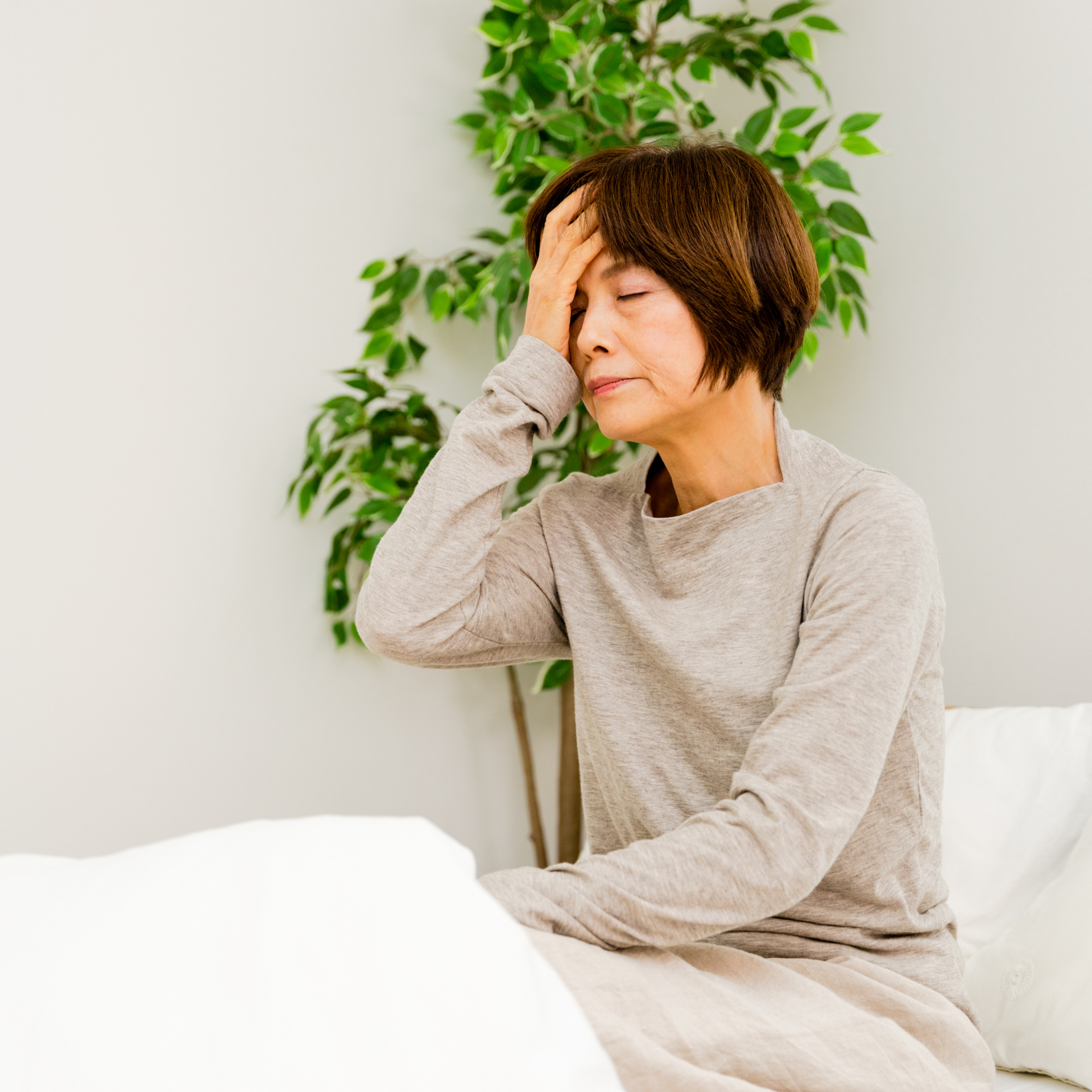
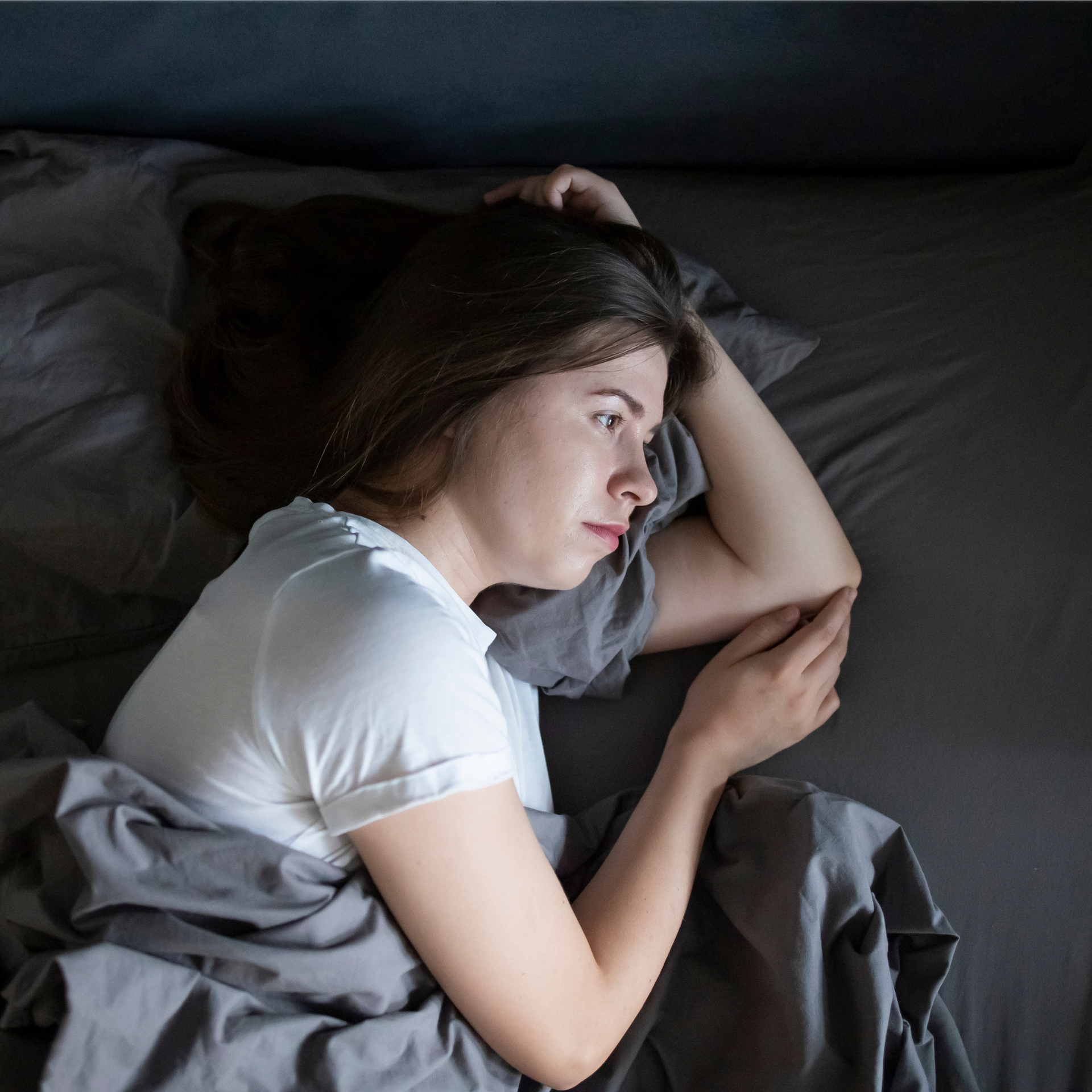
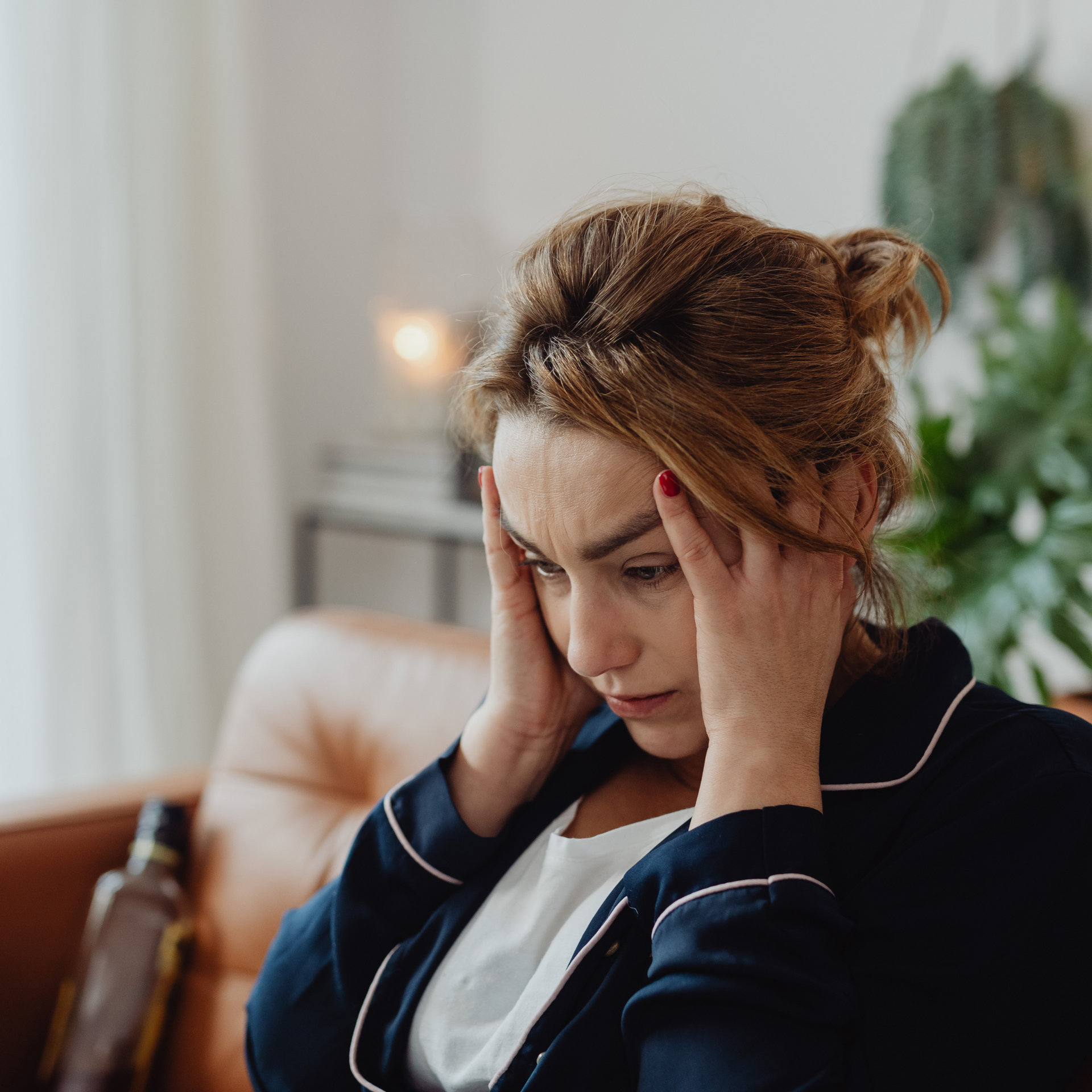


Share On: